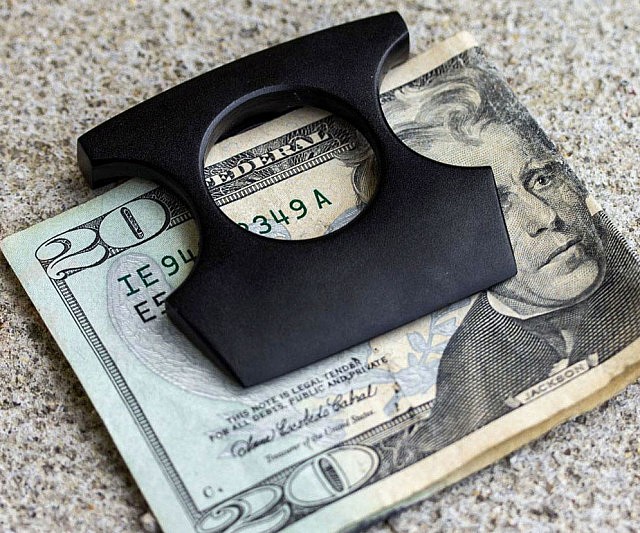Nostro dilemma for insurance and pensions industry
The ambiguity in the use of local Nostro Foreign Currency Accounts (FCAs) accounts could dent public confidence around foreign currency pension funds and insurance policies.
In November last year Government promulgated Statutory Instrument 280 of 2020, which allowed pensions funds and insurance firms to carry out business and investments in foreign currency.
According to SI-280, pension and provident funds will be required to “invest the contributions in investment instruments denominated in the same currency the contributions are made; and in respect of fund members whose contributions have been paid in foreign currency, through Nostro accounts, pay such member’s benefits in the currency in which the contribution has been paid.”
But after having invested in foreign currency, at some point policyholders and pension funds will require their payouts in hard currency. And the situation on the ground with regards local Nostro FCAs makes it difficult to say if they will be able to access hard cash for their investments.
Business Weekly confirmed that most banks are turning down local Nostro FCA holders’ request for US dollar cash, on the basis that cash is only accessible to local Nostro FCAs that are funded either by hard cash or from external sources.
If it’s a local Nostro FCA funded through a transfer from another local Nostro FCA, the banks are refusing to give cash.
Acturial consultant Prosper Matiashe, said any issues in the banking sector with regards to foreign currency payments could contaminate the insurance and pensions industry.
“With regards to payment of benefits in nostro, here we are worried to say if its local nostro, previously we have heard stories of banks not willing to disburse cash for any payment that came through a local bank in nostro.
“There is need to ensure that these issues don’t come up. If we can do it correctly now we can avoid those issues because they can happen, clients saying they have been denied access to (USD) cash. If it happens to one pensioner then the word will spread and we will lose trust in what we are trying to develop.
“We should avoid, at various levels, contamination. Some of these hard currency contributions are coming from a foreign-domiciled account, and they shouldn’t be contaminated by local payment issues that happen here.”
Said a lawyer, Nobert Phiri: “This Statutory Instrument and its predecessors in my view have been poorly drafted. You must remember that these SIs have to be read together with the Exchange Control Regulations of 1996. If you read these regulations, then read SIs 185 and 85 there is a certain level of inconsistencies, which are then carried over to SI-280.
“So the manner in which these SIs are drafted lead to more confusion and anxiety in the sense that there appears a sense on the drafter’s part an ignorance or forgetfulness that we read these SIs together and we have to go back as far as 1996, because the issue of free funds will continue to create challenges.”
Following a decade in which the country utilised a multi-currency systems, the Zimbabwe dollar was re-introduced through Finance Act No.2 of 2019 and Statutory Instrument 212 of 2019, which provides for exclusive use of the Zimbabwean dollar to settle all domestic transactions as well as penalties for failure to do so.
But adjustments have since been made to allow for US dollar transactions, alongside the Zimbabwe dollar, through Statutory Instruments 85, 185, 196 and 280.











